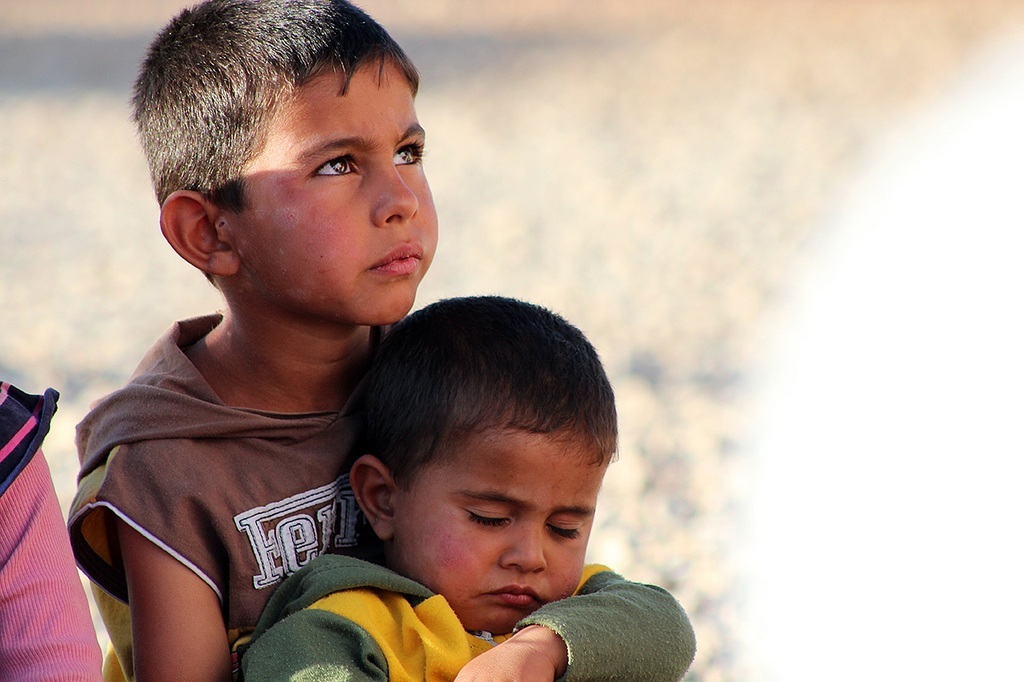Since the reintroduction of family detention under the Obama administration, abuse of the mothers and children held in these facilities has run rampant. The family detention scheme has grown increasingly controversial not only because it has failed to provide safe and humane conditions for mothers and children, but also because the government has created arbitrary obstacles that deprive detained asylum seekers of a meaningful opportunity to present their cases.
Recently, for example, ICE barred a full-time legal assistant with the Dilley Pro Bono Project (DPBP) from entering the South Texas Family Residential Center in Dilley, Texas. In response to DPBP’s request that ICE reinstate the legal assistant, Immigration and Customs Enforcement (ICE) claimed she had inappropriately facilitated a telephonic mental health evaluation of a client. In fact, the legal assistant had facilitated this evaluation to avert the imminent deportation of a client and her child, and the evaluation proved critical to establish their eligibility for protection in the United States.
The Dilley Pro Bono Project has filed a lawsuit seeking to reinstate their legal assistant’s access to the detention facility and to prevent ICE from enforcing its unlawful pre-approval policy. The policy puts DPBP legal staff in the untenable position of having to choose between compromising the needs of their clients, whose cases move very quickly, or putting themselves at risk of losing their access to the facility by providing the legal services they consider to be in their clients’ best interests.
There is no doubt that family detention disadvantages and victimizes already traumatized asylum-seeking families. Yet, ICE continues to find ways to make justice even harder to obtain. Despite the clear advantages of legal representation, ICE insists on arbitrarily restricting the types of legal services that DPBP may provide and interferes with the ability of DPBP staff to effectively represent their clients.
This is particularly troubling given the fact that without access to legal services most immigrants in detention will often lose their cases, yet the immigration enforcement agencies continue throwing up additional obstacles and creating arbitrary rules as they see fit.
Sadly much of this could have been predicted. The government’s last foray into family detention ended when the Hutto detention facility stopped housing families in 2009 after human rights violations ran rampant. Thus, there was no wisdom in reopening family detention which will no doubt continue to invite offensive and unnecessary human rights violations, as well as a litany of litigation in the years to come.
Photo by Jawad Sharbaji
FILED UNDER: Asylum, Family Detention, featured


